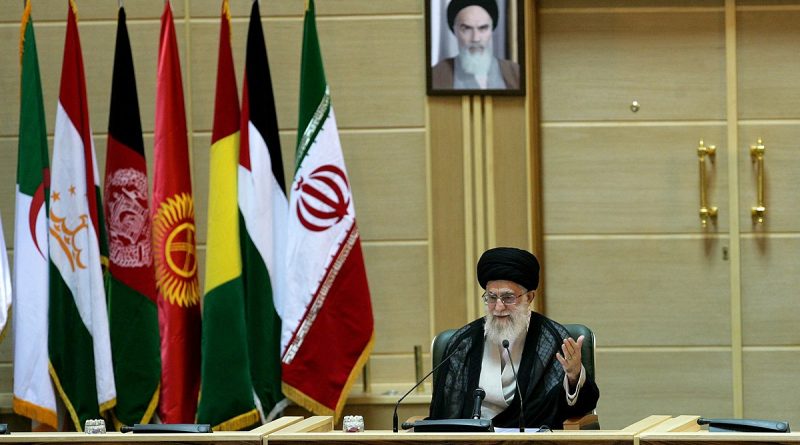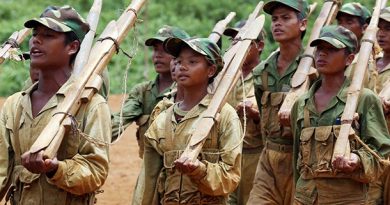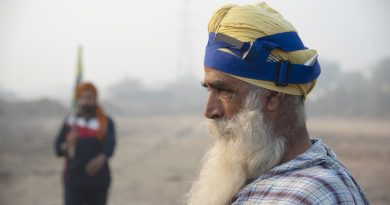Why Iran’s Involvement in the Hamas-Israel Conflict Will Change the Scale of the War
Neve Walker
Staff Writer
On October 7, a Palestinian militant group called Hamas staged an attack and invasion on Israel by launching over 7,000 missiles in the Gaza Strip aimed directly at Israel, according to Time. This unexpected invasion has resulted in over 1,400 Israeli and 10,000 Palestinian deaths, as reported by AP and Baron’s.
Since the attack, numerous countries have gotten involved, both directly and indirectly. The United States, for instance, has pledged to donate $14.3 billion to Israel and its army this year, A “huge bump up from what is normal” reports Maya MacGuineas of the Committee for a Responsible Federal Budget, said NPR. Last year the United States gave $3.3 billion to Israel.
Despite heavy support from Western countries, not everyone has aligned with Israel. Iran and Israel are on opposing sides of the conflict, with Iran donating money and supplies directly to Hamas. Many argue that this attack can be seen as a proxy war between Iran and Israel, according to Bloomberg. For decades they have been quietly attacking each other through sea and air attacks.
The attack dubbed the “Al-Aqsa Storm”, represents a turning point in the Middle Eastern region, according to Iranian Minister of Intelligence Esmaeil Khatib.“In our view, the conditions in Israel after the Al-Aqsa Storm are historical, and in my opinion, it is the starting point of history itself,” Khatib said. “Operation Al-Aqsa Storm eliminated one of the most strategic and fundamental plans of the United States in the region.” said Foreign Policy. Iran also has been supplying other militant groups, such as the Hezbollah in Lebanon and the Houthis in Yemen. Iran is seen as forming an “axis of resistance” against Israel and their supporters, according to Foreign Policy.
Despite this, Iran’s leaders have denied any accusations of having direct involvement in the war other than expressing their support for the Palestinian cause. “We support Palestine and its struggles,” said Supreme Leader Ayatollah Ali Khamenei. “This attack is the work of the Palestinians themselves, and we salute and honor the planners of this attack.”
Iran is not the only country becoming further involved in the conflict. According to The United States Institute of Peace, Lebanon is the second most dangerous front, concerns are being raised about the conflict’s open borders, especially in Israel’s northern corner. These cross-border clashes between Israel and the Iran-backed Lebanese terrorist group, Hezbollah, have occurred daily since the start of the conflict. At least 63 Hezbollah fighters have died since October 7th.
“We have conveyed our message to Israel through its allies that if they do not cease their atrocities in Gaza, Iran cannot simply remain an observer,” said Iran’s foreign minister Hossein Amir-Abdollahian to state media. Just hours later, Iran’s mission to the UN issued a statement declaring that if Israel does not attack, Iran will not intervene. On October 17, Iran’s leader issued a more serious warning to Israel. “If the crimes of the Zionist regime continue, Muslims and resistance forces will become impatient,” Khamenei said. “No one can stop them.”
Because of these warnings and the actions taken by Iran since the attack in early October, the scale of the war has changed. The increase in foreign involvement could turn this conflict into a wider regional/global conflict rather than a conflict in an isolated area. Only time will tell if the direction of the Israel-Palestine strife will ever reach constructive negotiation and whether Iran will turn towards direct military support on the ground.
Image courtesy of Wikimedia Commons



